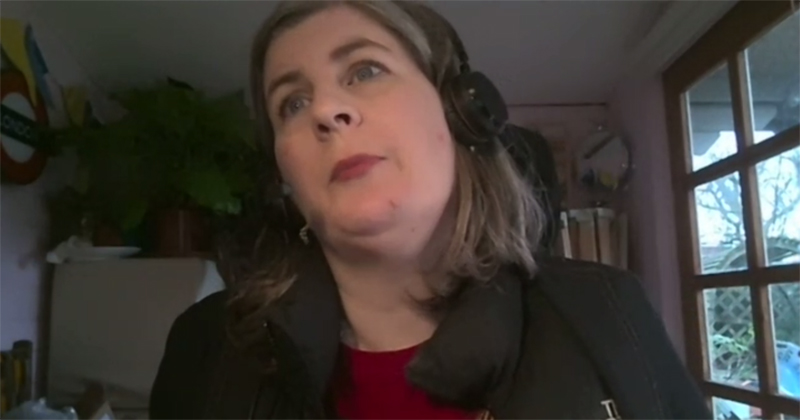The leader of the government’s long-awaited SEND review has hinted its results could be rolled into the upcoming schools white paper, as concerns mount about affordability and student attainment.
The Department for Education is set to bring forward the white paper in the new year, while also releasing the results of a review of special education needs and disabilities (SEND) provision in the first three months of 2022. A review of children’s social care for the DfE is also ongoing.
Speaking at the Association of Colleges’ annual SEND conference on Tuesday, the DfE’s SEND review team leader Helen Nix discussed wrapping reforms from a SEND green paper, set to follow the review’s publication, into the white paper.
She told delegates “close readers of Schools Week [FE Week’s sister newspaper] will have read that there will be a schools white paper at the same sort of time” as the two reviews.
“There are closer links between those three pieces of work than I’ve ever seen before,” she said.
Sector leaders have welcomed the idea of a more “seamless” and “joined-up” system linking pre-16 and post-16 provision after young people in many parts of the country have seen official support drop off a cliff edge once they reach their 16th birthday.
‘We cannot go on as we are’
The SEND Review, originally due to be released earlier this year before being repeatedly delayed, is evaluating reforms made under the Children and Families Act 2014.
These include the SEND code of practice, which sets out legal duties for education providers, local authorities and health bodies to provide for young people with special educational needs (SEN).
The act also led to the introduction of education, health and care plans (EHCPs), which set out the needs of young people with SEN which authorities must meet.

A schools white paper was first mooted by then-education secretary Gavin Williamson in June as a means to widen the academies programme. It was reaffirmed in October by current education secretary Nadhim Zahawi, who said a schools white paper would be brought forward next year and “outline plans to tackle innumeracy and illiteracy”.
Nix stressed that: “I genuinely can’t predict whether or not we will want to reflect” the green paper, school reforms and the results of the social care review “in the same sort of bill”.
“The thing I can tell you is I think we’ve reached a point with SEND where there is a recognition that we cannot go on as we are.” This is due to three reasons: “The first is just the sheer unaffordability of the system as it currently stands.”
SEND experts previously told FE Week that SEND students are “phenomenally expensive” compared to their peers. All young people with SEND going for an EHCP has also put “pressure” on public finances, Nix said.
The second reason Nix listed was: “When you look at the outcomes of these children, their achievements are substantially lower than their nondisabled peers. And that can’t go on either.”
A third reason, she said, was when people are trying to access the support they need, “it is really very poor and frankly, at its worst, none of us likes it very much”.
Despite “loads of brilliant practice” generated by the sector, Nix said this is “not consistent”.
Multiple Ofsted reviews of local area SEND provision published this year have identified that provision for young people with SEND falls of a cliff-edge once they reach age 16.
Government SEND reforms ‘should complement each other,’ say experts
Natspec chief executive Clare Howard “can see there would be benefit in linking the SEND green paper with other proposals to create a joined-up system”.
But she hopes “this will not prevent us from ensuring that FE and the needs of those aged 16 to 25 do not get overlooked in the SEND review”.

The Association of Colleges’ senior policy manager for SEND, David Holloway, said: “Better alignment between post-16 SEND policy and other policy areas is helpful to ensure a more seamless transition for young people through the education system and to level up employment outcomes for people with disabilities.”
He said the two reviews, the national disability strategy published this year and the schools white paper “should be complementing each other, and college SEND students are much more likely to benefit from government policy that embeds preparation for adulthood throughout.”
















Your thoughts